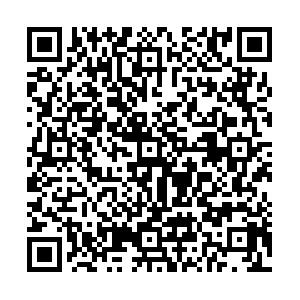摘要:
探讨大学生中医体质类型与失眠的关系,为大学生失眠的中医调理提供一定的方向.方法 应用中文版雅典失眠量表和中医体质量表对整群随机抽取的河南省南阳市1 080 名在校大学生进行横断面调查,对其失眠状况及中医体质类型进行分析.结果 35.7%的大学生存在失眠现象(386 名),男、女大学生失眠报告率差异有统计学意义(χ2 = 5.11,P<0.05).中医体质分布调查对象中平和体质仅占25.8%,偏颇体质中以阴虚质最多(16.7%).不同中医体质类型大学生的失眠状况差异有统计学意义(χ2 = 27.51,P<0.05).多分类Logistic 回归分析显示,平和质为失眠的保护因素,阴虚质、湿热质、气郁质为危险因素(P 值均<0.05).结论 大学生失眠与中医体质类型有相关性,可从调理体质的角度改善其睡眠状况.
关键词:
-
睡眠障碍 /
-
体质 /
-
学生 /
-
精神卫生
Abstract:
Objective To explore the correlation between insomnia and traditional Chinese medicine (TCM) constitution types in college students. Methods Standardized Chinese version of the Athens Insomnia Scale (CAIS 1-8) and TCM Constitution Questionnaire was implemented among 1 080 college students. Factors of CAIS and constitution types were analyzed. Results The proportion of college students reported poor sleep was 35.7%. Female college students complained more fatigue than that of male students(P<0.05). Students of gentleness constitution type accounted for 25.8%. Yin deficiency was the most common in biased constitution, accounting for 16.7%. Insomnia rate showed significant different among different TCM constitution types(P< 0.05). Multiple logistic regression demonstrated the relation between insomnia and TCM constitution types. With gentleness type being the protective factor while yin deficiency, damp-heat and qiquality were risk factors. Conclusion Insomnia among college students correlates with traditional Chinese medicine constitution, indicating insomnia might be improved by regulating TCM constitution.

 点击查看大图
点击查看大图





 下载:
下载: